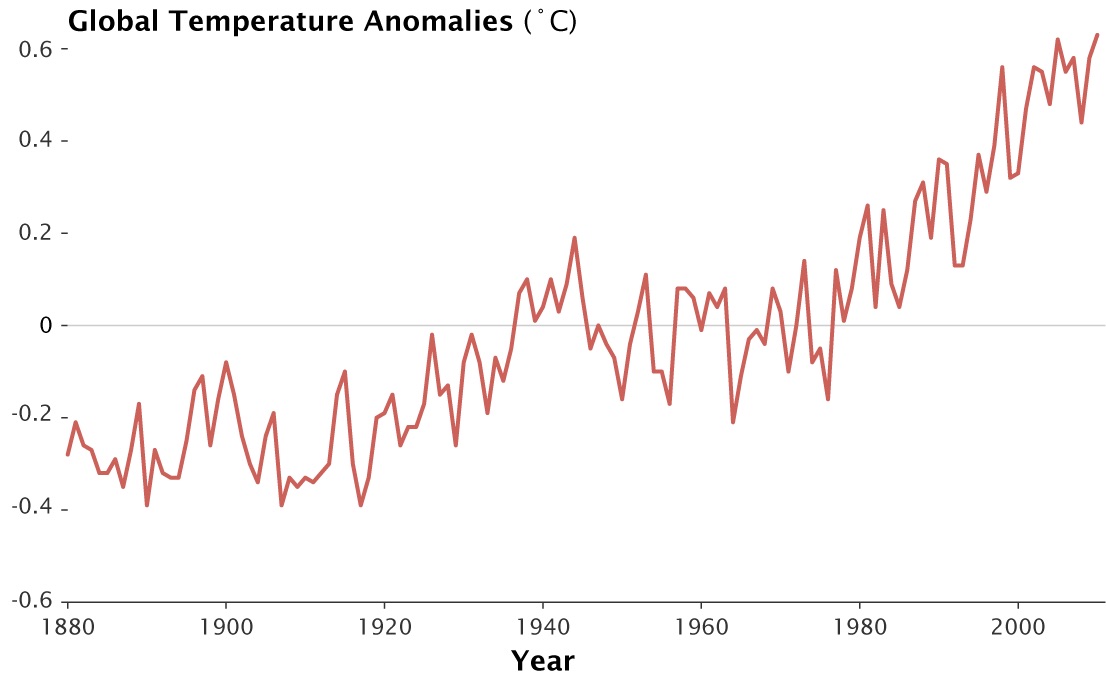154,000 acres burned. 14,000 homes destroyed. 88 lives stolen.
These are just a few of the tragic statistics from November’s Camp Fire, the deadliest and most destructive fire in California history. Yet statistics do little to reflect the true trauma and destruction of the wildfires. The blaze destroyed most of the town of Paradise in a single day, forcing families to flee for their lives. As of December 7, 271 people are still unaccounted for. While the number of missing persons shrinks every day as loved ones are reunited and bodies are identified—many of the missing will never be found.
The Lick-Wilmerding community has extended our hearts in sympathy to the victims of the Camp Fire and other deadly wildfires in California. Now, as our state grieves and recovers, it is time to utilize our hands, and most importantly, our heads.
The fact that the two deadliest wildfires in state history occurred in Northern California within the last 14 months is no coincidence. Scott McLean, a deputy chief with the California Department of Forestry and Fire Protection, told the Los Angeles Times that fires of this brutality are the “new normal.” And climate change is to blame. Greenhouse gases— emitted from factories, power plants, and cars— trap sunlight and warm the atmosphere. This warming has drastically increased the baseline conditions that contribute to the start and spread of a wildfire. Hot weather is especially conducive to combustion. Warm, dry weather and drought (rain and weather patterns are also affected by climate change) turn green vegetation into fields of dehydrated fuel. All that is needed is a single spark to turn a hillside into an inferno in a matter of minutes. Autumn is considered peak fire season because windstorms tear into the region, further dehydrating vegetation and drastically increasing the potential for a fire to spread.
A 2017 study by researchers at the University of Idaho and Columbia University found that peak fire seasons across the West expanded by an average of nine days every year since 2000. Human-initiated global warming is the cause.
It’s essential to continue to extend compassion and aid to the victims of the Camp Fire and the other wildfires in our state. While the Camp Fire victims are taking the brunt of the global crisis today, mass wildfires and other destructive consequences of climate change will likely affect so many others in the future. November’s tragedy is yet another call to action.
PG&E and other companies need to update their equipment and practices to higher safety standards in the face of climate change. While the causes of November’s Camp Fire and last October’s Tubbs fire are still under investigation, SF Gate reports that as of June 2018, PG&E has been responsible for at least 12 Northern California fires. This is due to their failure to regulate forestry around power lines and quickly respond to faults in their infrastructure. Furthermore, the company has doubled its lobbying efforts in an attempt to shift financial responsibility when their poswer lines cause fires. The San Jose Mercury News reports that PG&E argues that utility companies no longer assume the same level of liability as they once did due to the increased fire risks caused by climate change. Climate change is our responsibility, not our excuse. A higher risk of fire does not minimize our culpability, it increases our need to make change.
Students, we too need to deliberately change our habits to address and help mitigate climate change. Take MUNI instead of an uber. Carpool to school. Eat less meat and more locally sourced plant-based foods. Buy a refillable water bottle. Get involved in a local organization that helps influence conservation policy, such as the Sierra Club. Vote for and endorse political candidates who plan to take action on climate change. Send letters to Congress and demand that they take climate change seriously. These actions may not seem like much on their own, but that is why mitigating climate change is a communal effort. We need to join together to protect our shared home. Let’s put in the work as a community so that nobody else has to lose their loved one, home, pet, or their entire neighborhood. We owe it to the future of California.







